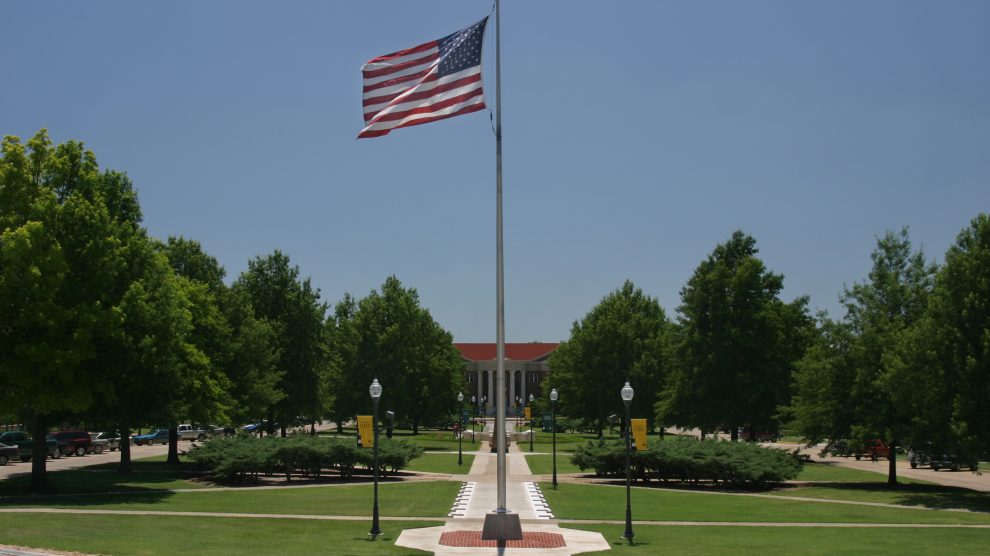Two new degrees will be offered this fall for students interested in law enforcement and criminology: a Bachelor of Arts in criminal justice and a Bachelor of Arts in forensic psychology.
Criminal justice is a social science that attempts to explain patterns of criminal behavior and deviancy, in addition to analyzing society’s ability to control crime and delinquency. With a bachelor’s degree, students can pursue careers in law enforcement, corrections, the judicial system, homeland security as well as related fields in nonprofits or in community agencies. Students who choose to pursue graduate or law school degrees are well prepared for further education or training to make them competitive for positions in the intelligence community as well as federal law enforcement such as the FBI, U.S. Marshals Service and the Secret Service.
“The need for informed and ethical leadership in the field of criminal justice has never been greater,” said Paul Donnelly, assistant professor of sociology. “Many of those who have dedicated their lives to the world of justice are retiring. Thus, opportunities are arising for well-prepared Christian men and women to fill these vacancies and shape the course of the future for how we treat those acting in opposition to man’s and God’s laws.”
Forensic psychology involves a blending of the fields of psychology and law. Forensic psychologists assess and evaluate the mental state of criminals and victims and often serve as expert witnesses in criminal trials. Because forensic psychology licensure requires a graduate degree, the bachelor’s degree functions to provide a strong foundation for specialized graduate work. With a graduate degree in forensic psychology, students may work with criminal and juvenile offenders, trial lawyers, crime victims and law enforcement agencies. A forensic psychologist may also function as a jury consultant, expert witness, victim advocate, counselor or criminal researcher.
OBU intends to go beyond a mere understanding of laws and processes and strives to ensure that graduates understand the reasoning behind the actions of individuals.
“We will equip our students to understand individual sins as well as structural correlates of crime and deviance,” Donnelly said. “We will create a knowledge and skill set that sets OBU students apart from the day they enter their professional callings.”
Students involved in the criminal justice program will have the chance to be involved in practicums and internships, ranging from ride-along experiences with a variety of law enforcement agencies, to working in juvenile and adult correctional facilities. Students will also be exposed to careers in community based corrections programs as well as crime prevention and programs working with at-risk youth.
“Students will develop the ability to live out the parable of the Good Samaritan,” Donnelly said. “In recognizing our Lord’s command to love our neighbor as ourselves, students will move beyond a simplistic retributive model of justice and embrace a Gospel inspired approach to restoration and redemption.”


